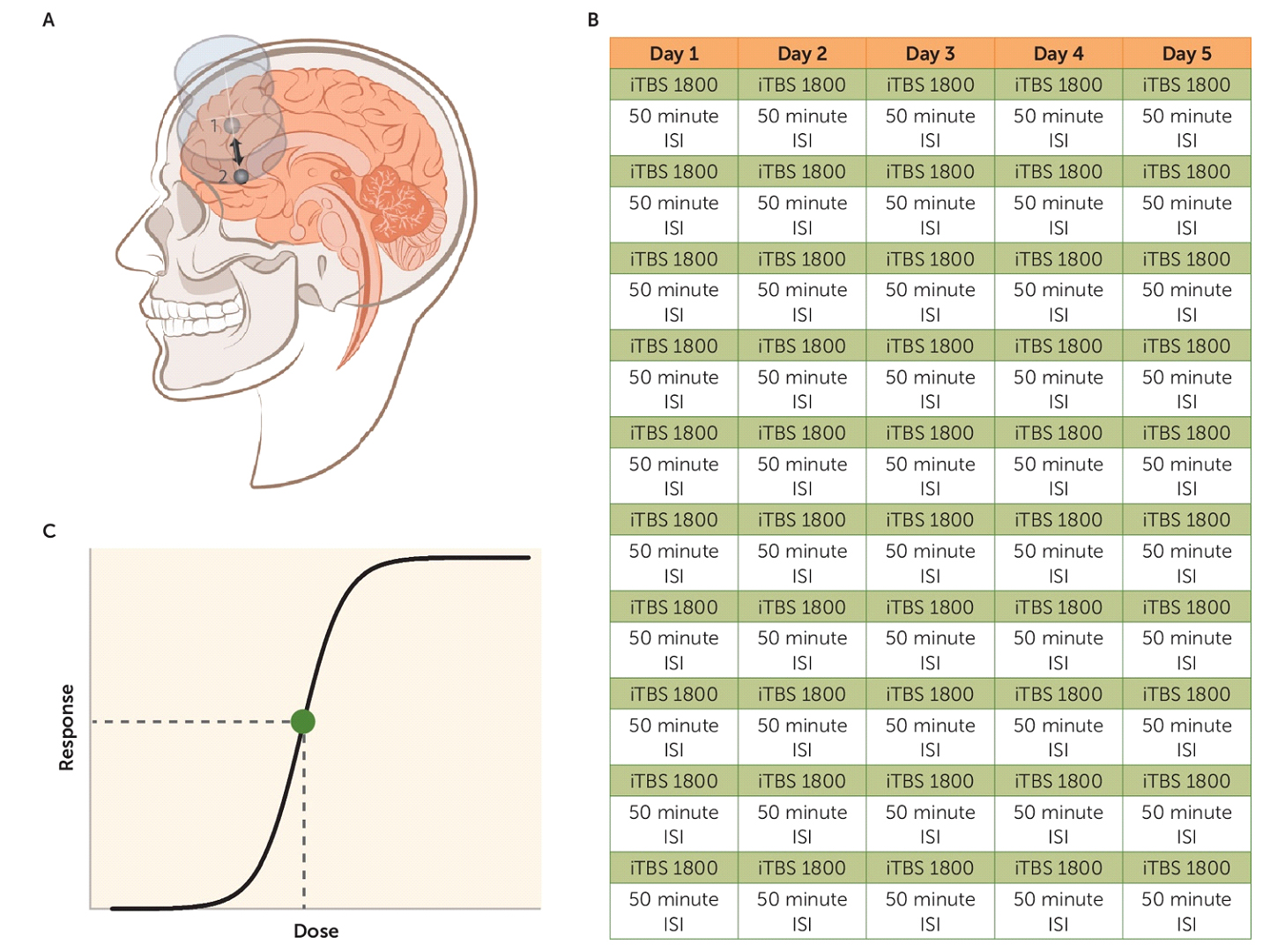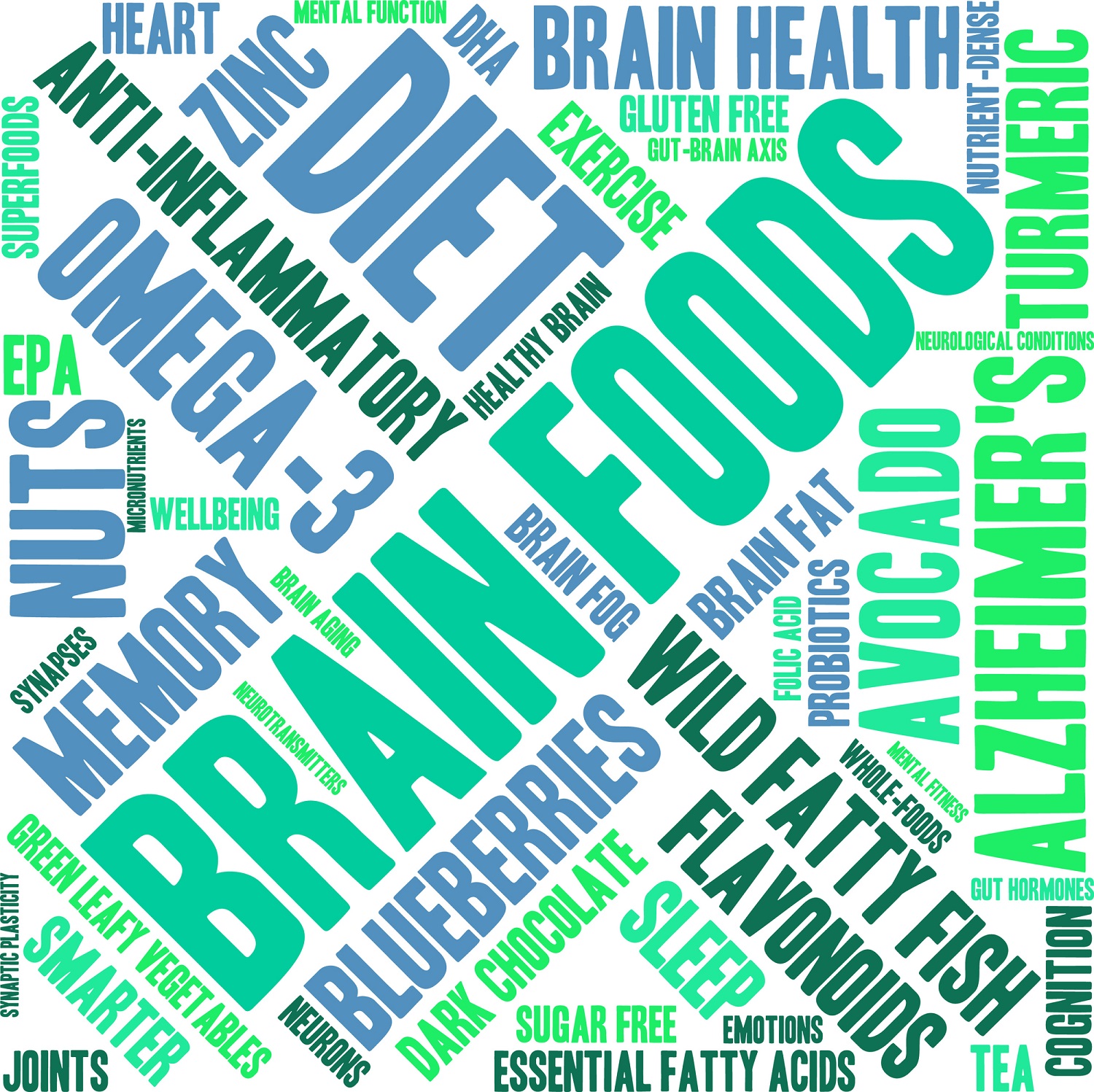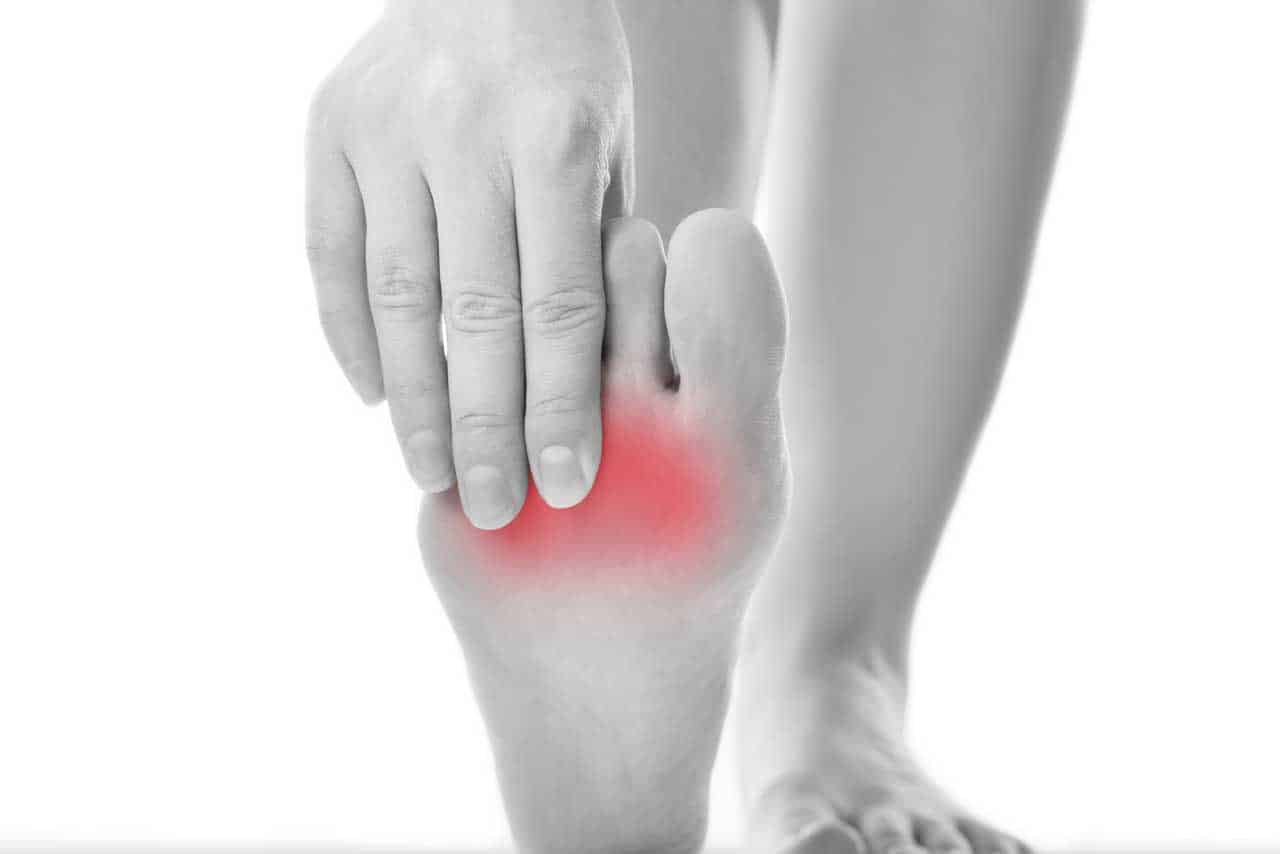Did you know you can improve your mental health in just 5 days with the accelerated TMS treatment plan?
To provide some context, the general TMS treatment course typically involves one daily session for 5 days each week, spanning 6 weeks, followed by an additional 6 sessions distributed over the subsequent 2-3 weeks. We’ll refer to this as the “standard course.” In total, the standard course consists of 36 sessions spread across 8-9 weeks.
When undergoing the standard course, individuals seeking treatment from a Personalized TMS specialist may undergo an optimization process addressing sleep, anxiety, motivation, and emotional factors, in addition to the common symptoms associated with mood disorders. This optimization process often requires some time, and there may occasionally be a degree of experimentation as the appropriate treatment protocol is fine-tuned. Achieving remission often involves striking a balance between the placement and frequency of the protocol to pinpoint the precise parameters that alleviate all negative symptoms.
There are a few significant points to consider when it comes to the standard TMS treatment course. Firstly, the choice of the number of sessions per week was largely driven by the convenience of individuals with 9-to-5 jobs. Notably, during the 1990s when clinical research laboratories were examining TMS effectiveness, they adhered to the traditional 9-to-5 schedule.
Consequently, there was limited exploration into the comparative effectiveness of TMS for depression when administered 5 days a week in contrast to other frequencies such as 3 days, 4 days, 6 days, or 7 days.
Secondly, when TMS received FDA approval in 2008, there was some uncertainty about the optimal duration for a single course of TMS. The FDA ultimately recommended a course lasting approximately 6 weeks. This choice was influenced by the fact that antidepressant medications like SSRIs and SNRIs typically take around 6 weeks to exhibit their full therapeutic effects.
Additionally, the FDA introduced the 6-session “taper” aspect because medication regimens also involve a tapering-off period. It’s important to note that TMS differs from medication treatments in that it is a targeted therapy, while medications are systemic treatments, and as such, they work differently within the brain.
Frequency is another crucial consideration when examining TMS protocols. Specifically when focusing on Accelerated TMS, it’s vital to understand that TMS treatment for depression often involves an excitatory protocol targeted at the left dorsolateral prefrontal cortex. In the past, this protocol employed a 10 Hz frequency, with the machine delivering 10 pulses per second for approximately 5 seconds, followed by a 26-second interstimulation interval. This procedure continued for about 45 minutes.
After continuous research, the FDA recognized that halving the interstimulation interval wouldn’t affect the efficacy or safety of the treatment, and the protocol was shortened to roughly 20 minutes. A few years later, the FDA also approved a protocol known as “intermittent theta burst,” which appeared to be interchangeable with its excitatory 10 Hz counterpart.
The primary distinction is that theta burst stimulation employs a frequency inherent to the human brain when forming new memories. In other words, if you were to record the electrical activity of someone learning something new, you would observe this frequency. Typically, this protocol is administered in 3-minute increments.
Ideally, this protocol should be customized for each individual rather than being governed by a universal standard. Nevertheless, it’s worth noting that the standard TMS course generally yields favorable outcomes, with success rates typically ranging from 50% to 80%. Most TMS centers report achieving remission in roughly 50% of cases, while they are successful in improving symptoms, such as reducing severe depression to a milder form, in about 80% of cases.
These statistics are indeed impressive, but there’s a novel TMS approach on the horizon: Stanford Accelerated Intelligent Neuromodulation Therapy (SAINT™), referred to as Accelerated TMS. Accelerated TMS distinguishes itself from prior incremental changes in TMS by altering the frequency, schedule, and number of sessions.

TMS can bring about remission as early as day 5. Nevertheless, there are important advantages and disadvantages to consider when contemplating Accelerated TMS.
Pros:
Rapid remission within a week.
Provides clarity; if remission is not achieved, it indicates sooner rather than later that TMS may not be the suitable treatment modality.
Cons:
Insurance coverage is unlikely in the foreseeable future.
Challenging for individuals with insomnia to regulate sleep during the treatment.
Our team at Bespoke Treatment is pleased to offer the Accelerated TMS protocol upon request at all our offices in California. It’s important to note that approval for this protocol will be subject to medical clearance by our psychiatric team. Don’t hesitate to reach out and schedule an evaluation today.


















